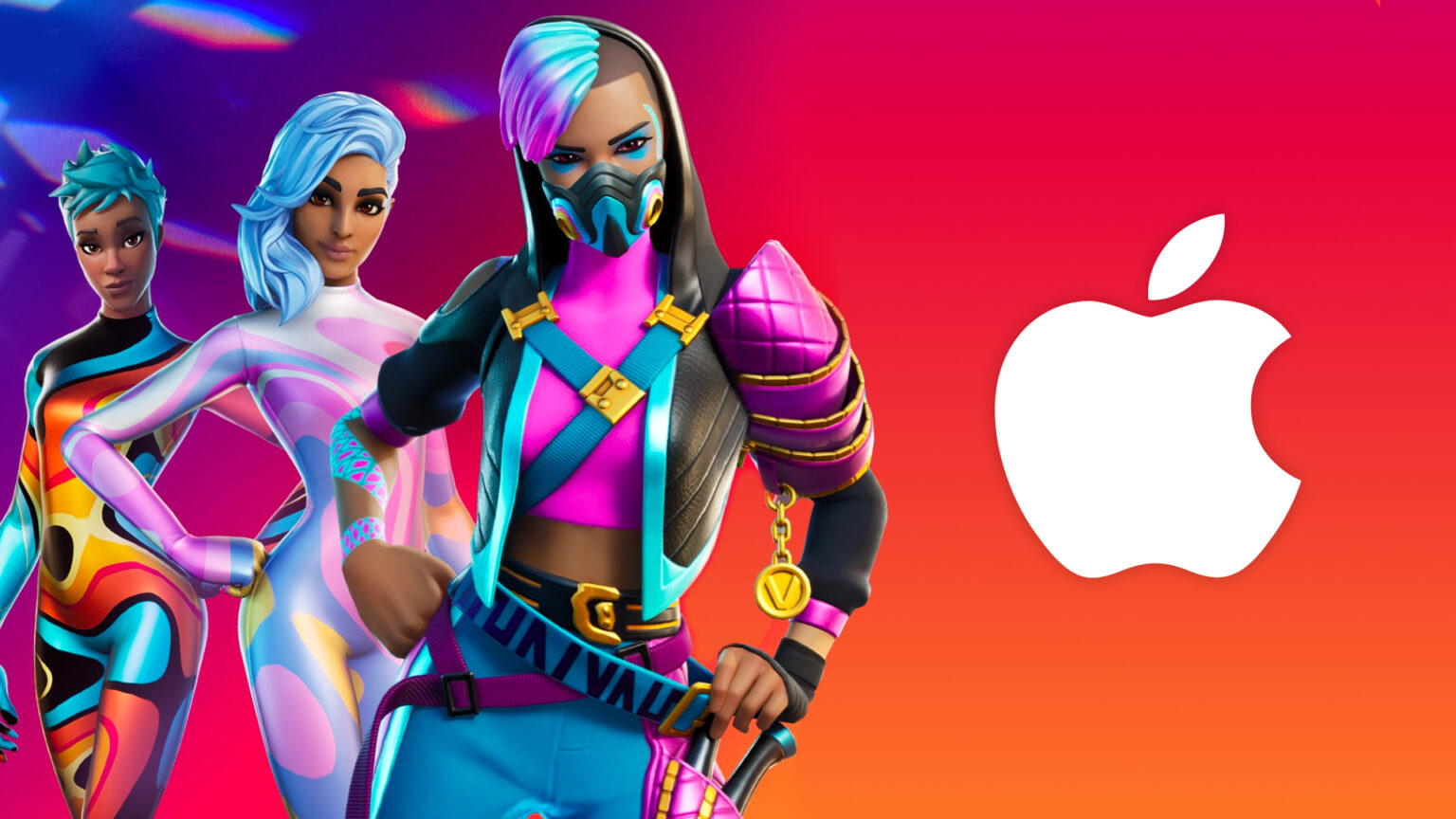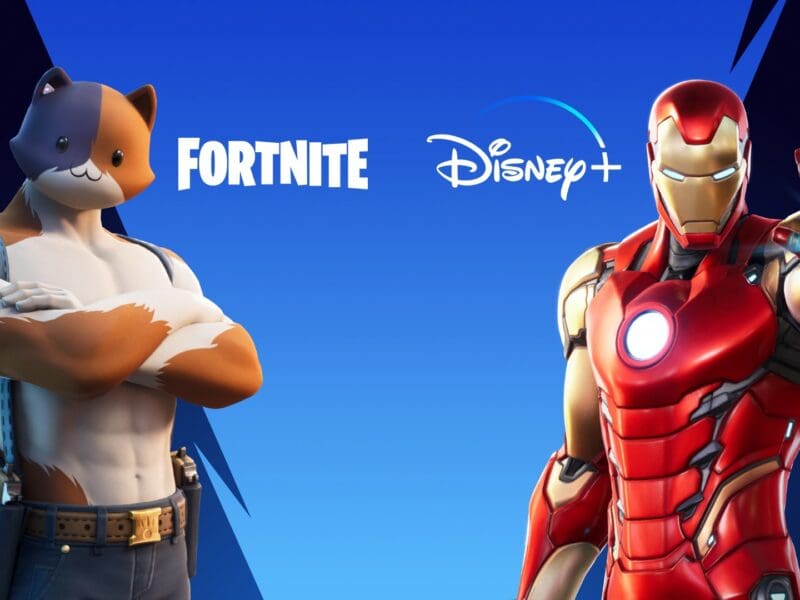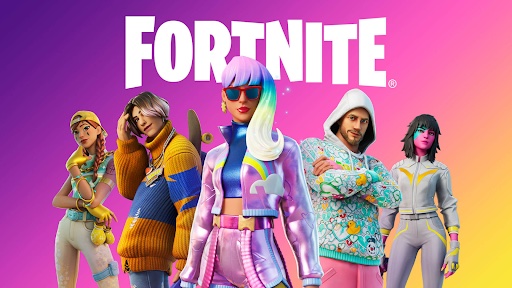
Apple vs Epic Games: How did the tech giants start fighting over an app?
Apple & Epic Games are headed to federal court for what could be one of the most significant anti-monopoly legal battles in decades. The trial begins Monday, May 3rd, 2021, and it’s expected to consume most of the month, with a decision likely coming several weeks later. Epic isn’t explicitly seeking to curb monopoly power in the tech world, but if they win the case against Apple, that’s exactly what they’ll accomplish.
The legal battle began last year. Reportedly, it started over Apple charging a tax on app developers of anywhere from fifteen to thirty percent on all in-app purchases made on an iOS device. Epic Games added a payment system to their game Fortnite that bypassed Apple’s ability to take their tax. Apple removed Fortnite from the App Store, and in response, Epic sued them.
Now, Apple CEO Tim Cook and Epic CEO Tim Sweeney will testify in a federal courtroom in Oakland, California. The legal battle has tech & anti-monopoly activists hopeful for a massive paradigm shift in the tech world.

Apple’s Walled Garden
Currently, if someone wants to load an application onto their iOS device, they can only do so through Apple’s App Store. While it’s technically possible to create a workaround allowing users to get apps from wherever they like, doing so is a felony.
In 1998, President Bill Clinton signed into law the Digital Millennium Copyright Act (DMCA). The DMCA made it illegal to bypass “access controls” for copyrighted works, even if a person wasn’t breaking copyright law while doing so. That can seem confusing, but it’s really quite simple.

Joe owns a phone. Samantha designs an app. Joe can buy Samantha’s app from her and put it on his device. That’s completely legal. However, the phone’s manufacturer could design a system to take a percentage of Joe’s payment to Samantha and keep it for themselves. If the manufacturer does that, the DMCA says it’s a felony for Samantha to sell her app to Joe without paying the manufacturer’s tax.
Apple has used this clause in the DMCA to limit what people can do with their iOS devices and to collect billions in taxes from app developers. Epic claimed Apple’s use of the App Store in this way represents a monopoly. Apple claims their App Store isn’t a monopoly because, even though iOS users don’t have another option, people could choose not to buy an iOS device.

Legal Standings
Apple likely has the upper hand in this legal battle. For starters, the company is worth over two trillion dollars, compared to Epic Games’s thirty billion dollars. Apple also has the advantage of years of tight control over not just the App Store but all of their iOS devices.
The DMCA is still the law, even if it is one of the most unpopular tech-related laws of all time. Companies like Apple have been using the DMCA to control how people use the devices they own for over twenty years. Activists have tried to dismantle the DMCA, but so far they have made little progress.

Epic Games isn’t an activist organization. They’re a private company fighting this legal battle to hopefully escape being charged a thirty percent tax whenever someone on an iOS device wants to make a purchase in Fortnite and other games. Still, at the moment Epic Games & tech activists have become unlikely allies.
Plenty of other app developers have railed against Apple’s reportedly exploitative practices, but Epic Games is the first to have the capital needed for a serious legal battle with the tech giant. The result of this trial will almost certainly be appealed, but if Epic manages to win their suit in the long run, it will be the biggest win for tech and anti-monopoly activists in a generation.







